Seminars
Upcoming Seminars
Stay tune!
Past Seminars
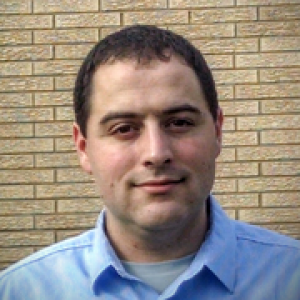
OpenMDAO: Efficient Multidisciplinary Optimization with Analytic Derivatives
November 27, 2017 - 1:00 pm
Speaker: Justin Gray
Each new generation of engineered systems must outperform the one that came before it. Sometimes performance gains can be had via the improvement of a single component or sub-system. Often, however, the largest gains can be achieved when multiple subsystems are designed synergistically via a multidisciplinary process.
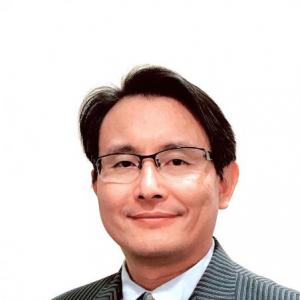
Flutter: To Be or Not To Be
November 20, 2017 - 1:00 pm
Speaker: Dr. DongHwan Lee
Have you heard of flutter, which is one of the most important concepts in dynamic aeroelasticity? If you are an ordinary person living an ordinary life, you could live all your days without knowing about the details of these important phenomena. However, if you want to be an aerospace engineer, you will soon recognize how important aeroelasticity is even in everyday life.
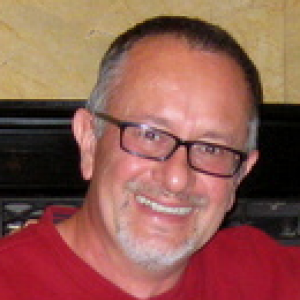
Compatible Meshfree Methods
November 15, 2017 - 1:00 pm
Speaker: Dr. Pavel Bochev
Particle and meshfree methods offer significant computational advantages in settings where quality mesh generation required for many compatible PDE discretizations may be expensive or even intractable.
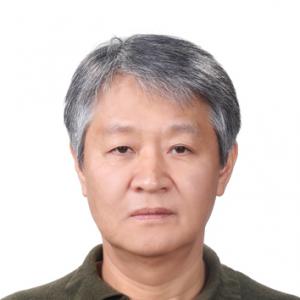
Nonlinear Response Structural Optimization Using the Equivalent Static Loads Method
November 13, 2017 - 1:00 pm
Speaker: Professor Gyung-Jin Park
Linear static response structural response has been developed quite well by using the finite element method for linear static analysis. However, development is extremely slow for structural optimization where a non linear static analysis technique is required.
The Real Deal - Experiences from Immediate Post-Earthquake Building Inspections Across the Planet
November 06, 2017 - 1:00 pm
Speaker: Professor Jason Ingham
When Jason was a student at UCSD in the early 1990s, California had had a regular run of major earthquakes whereas New Zealand had had several decades of benign earthquake activity. Jason happened to be in the centre of the city on the day that New Zealand’s second largest city crumbled.
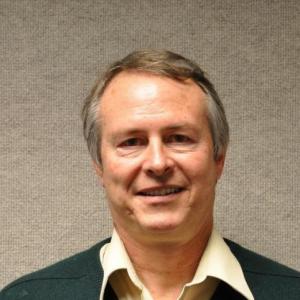
Computational Design Optimization at Lawrence Livermore National Laboratory
November 01, 2017 - 1:00 pm
Speaker: Dr. Daniel A. White
There are two trends that are motivating research in computational design optimization. First, advances in manufacturing technology such as additive manufacturing (3D printing) have enlarged the design space and engineers need better computation tools to take full advantage of the manufacturing possibilities.
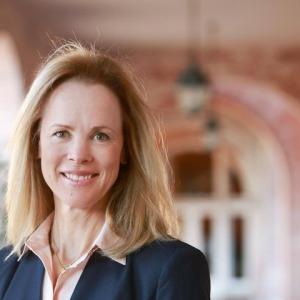
A Process Flow Guiding Additive Manufacturing of Metallic Components for Repeatable Microstructures and Mechanical Performance
October 23, 2017 - 1:00 pm
Speaker: Dr. Melissa Orme
A holistic process flow designed and implemented for Additive Manufacturing (AM) topologically optimized metallic components for use on flight hardware is described and demonstrated. The process flow aims to provide the framework for which AM parts can be fabricated with repeatable microstructure and mechanical characteristics.
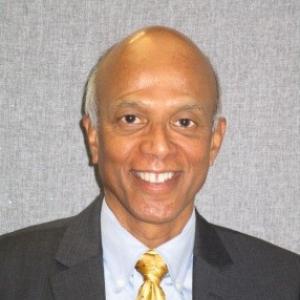
Three Decades of Adaptive Structures: A Subjective Perspective
October 09, 2017 - 1:00 pm
Speaker: Dr. Jayanth N. Kudva
While ‘smart materials,’ particularly piezoelectrics, have been known and used by the scientific community for more than a century, the term ‘smart structures’ came into vogue in the 1980s. The impetus for the research at that time was sparked by the initial demonstration of embedded fiber optic sensors in a composite laminate.
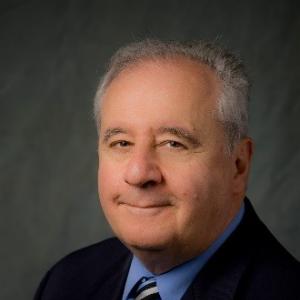
Life-Cycle, Risk, Resilience and Sustainability of Infrastructure
June 09, 2017 - 1:00 pm
Speaker: Professor Dan M. Frangopol
Our knowledge to model, analyze, design, maintain, monitor, manage, predict and optimize the life-cycle performance of structures and infrastructure under uncertainty is continually growing. However, in many countries, including the United States, the civil infrastructure is no longer within desired levels of performance.
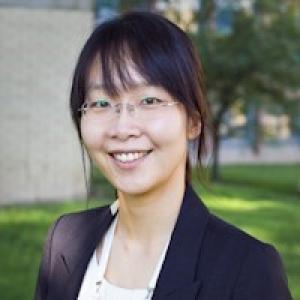
Structures as Sensors: Indirect Monitoring of Humans and Surrounding Through Structural Vibrations
June 07, 2017 - 1:00 pm
Speaker: Professor Hae Young Noh
This presentation introduces indirect sensing in cyber-physical systems that infers desired information using structures as sensors (through physical structural vibration responses) instead of directly measuring sensing targets.
